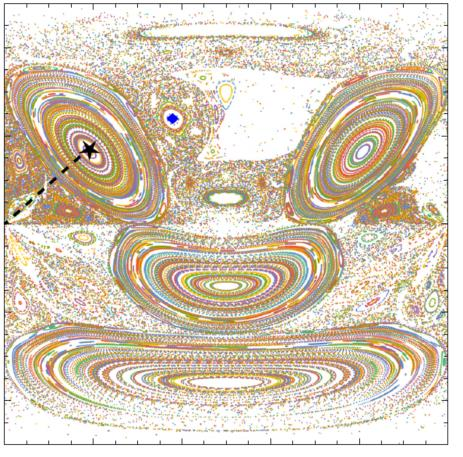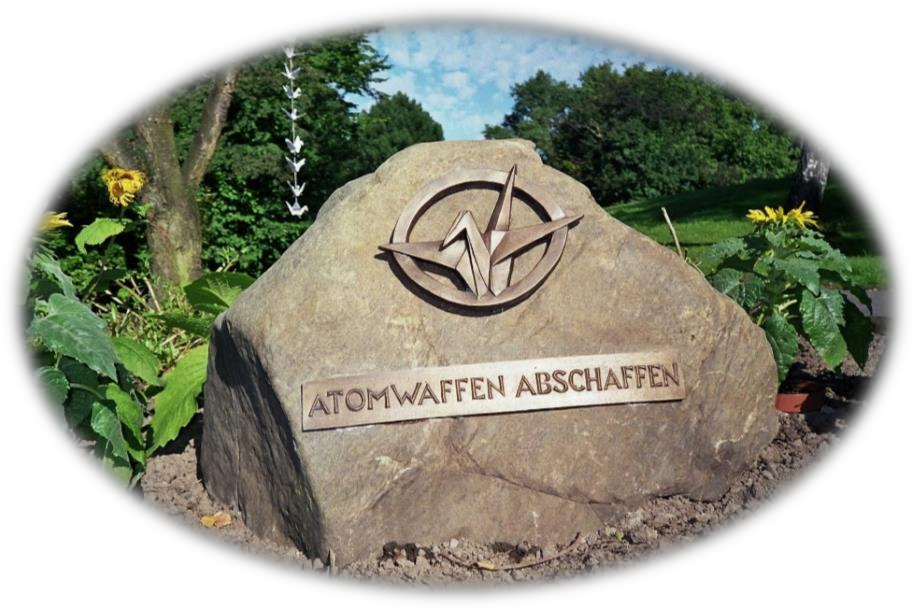Monday, 3rd of July, 17:45
Seminar room I. Physics Institute
In our series of events on societal issues of quantum computing and quantum technologies, we’ll have a look at the history of AI not only to understand its hype and the AI-winter to learn from that for the development of Quantum Technologies.
If up to the mechanistic world view the artificially generated movement still seemed like a fake of life, in the last century we became part of a systemic thinking which made us get used to a „rhythm of the machines“ (H. Arendt). Out of this habit and because we become somehow technology ourselves, by using it, according to Arnold Gehlen, we learned to develop technical cognitive systems á la GPT-4 and also to use them in our everyday life. Systems that extend or even exceed our human cognitive capabilities in quite a few use cases.
„AI, that’s all we can’t do yet!“ is the credo of the artificial intelligence research elite. Always looking to the near future, yet far enough away to let past disappointments fade into oblivion. After all, every illusory system always brought with it its inherent disappointment. And so the history of artificial intelligence periodically experienced a kind of phenomenal demystification in which the magic began to crumble, not infrequently resulting in a so-called AI winter. Nevertheless, Artificial Intelligence, implemented in our everyday life remained.
The current Machine Learning approach of Deep Learning will also flatten out in its current development curve. The next winter is coming, that much is certain, the only question is „When?“. Increasingly large Artificial Neural Networks in Transformer architectures are running up against massive ecological and ethical limits. Regardless, the current state of the art will also be implemented in commercially viable applications. In military applications, medicine, finance, homeland security, the Internet of Things, our smartphones, vehicles, our epistemological, as well as our everyday tools. They will escape our attention and we will use them without perceiving them, nor being able to question them. The current social debates will fade away and AI will become a background technology. It will become a habit again.
The lecture offers approaches to look at artificial intelligence research from today back to its beginnings in a multi-perspective way and, at best, to reframe it in order to be able to better understand AI hype and its social, cultural and also ecological consequences, as long as this branch of research is in the public debate.

 Tuesday, 4th of July, 16.00
Tuesday, 4th of July, 16.00